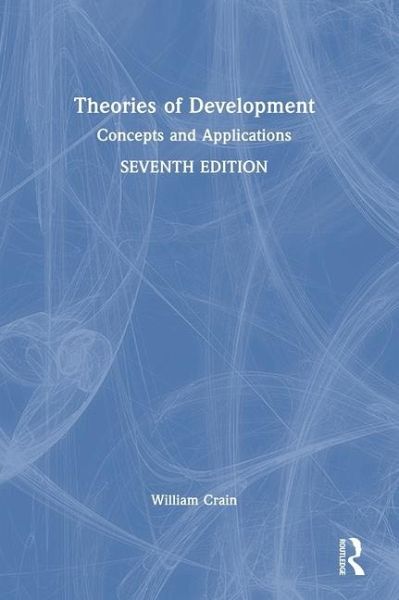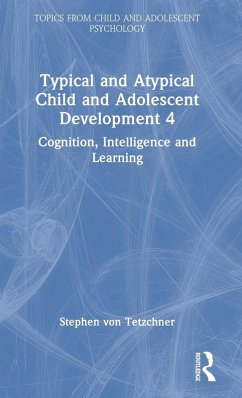
Theories of Development
Concepts and Applications
Versandkostenfrei!
Versandfertig in 1-2 Wochen
249,99 €
inkl. MwSt.
Weitere Ausgaben:

PAYBACK Punkte
125 °P sammeln!
The book introduces students to the most influential theorists who have contributed to our understanding of how we develop as individuals. It discusses the theorists who have built upon the developmental tradition established by Rousseau, along other theorists, including ethologists and psychoanalysts, who share a developmental outlook.














